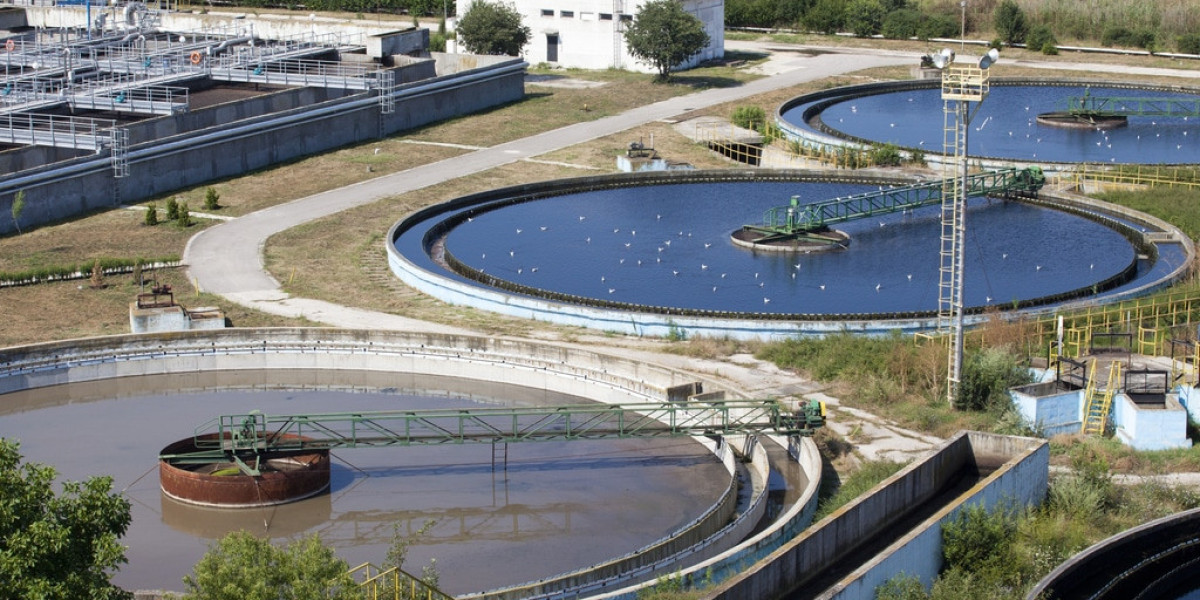Introduction
Male infertility is a significant concern affecting many couples worldwide, including those residing in Dubai. The rapid urbanization, lifestyle changes, and environmental factors unique to this region can contribute to the rising incidence of infertility. Understanding the causes, available treatments, and support systems is crucial for those dealing with this challenge. This guide aims to provide Dubai residents with a thorough overview of Male Infertility In Dubai, addressing common causes, diagnostic procedures, treatment options, and available support.
Understanding Male Infertility
What is Male Infertility?
Male infertility refers to the inability of a man to conceive a child with his partner after one year of regular, unprotected intercourse. It accounts for approximately 40-50% of infertility cases, making it a significant aspect of reproductive health.
Common Causes
Several factors can contribute to male infertility, including:
- Genetic Factors: Conditions such as Klinefelter syndrome or cystic fibrosis can impact sperm production.
- Hormonal Imbalances: Disorders affecting hormones like testosterone can disrupt sperm production.
- Varicocele: Enlarged veins in the scrotum can impair sperm quality and quantity.
- Lifestyle Factors: Smoking, excessive alcohol consumption, obesity, and drug use can negatively affect sperm health.
- Environmental Factors: Exposure to toxins, heavy metals, and radiation can decrease fertility.
- Medical Conditions: Chronic illnesses, infections, and surgeries can impact sperm function.
Diagnosis of Male Infertility
Initial Assessment
The diagnostic process typically begins with a detailed medical history and physical examination. Men may be asked about their lifestyle, medical history, and any previous treatments for infertility.
Semen Analysis
The most critical test for diagnosing male infertility is a semen analysis. This test evaluates:
- Sperm Count: The total number of sperm in a sample.
- Motility: The ability of sperm to move effectively.
- Morphology: The shape and structure of sperm.
- Vitality: The percentage of live sperm.
Results from semen analysis help determine the quality and quantity of sperm, guiding further diagnostic steps.
Advanced Diagnostic Tests
If initial tests suggest issues, additional tests may be recommended, including:
- Hormone Testing: To check levels of hormones like FSH, LH, and testosterone.
- Genetic Testing: To identify genetic causes of infertility, such as Y chromosome microdeletions.
- Scrotal Ultrasound: To detect varicoceles or other abnormalities in the scrotum.
- Testicular Biopsy: In cases where sperm production is severely impaired, this procedure can assess the presence of sperm in the testicles.
Treatment Options
Lifestyle and Dietary Changes
Simple modifications in lifestyle and diet can significantly improve sperm health. Recommendations include:
- Healthy Diet: Incorporate a balanced diet rich in antioxidants, vitamins (especially C and E), and minerals (zinc and selenium).
- Regular Exercise: Maintain a healthy weight and avoid excessive physical strain.
- Avoiding Toxins: Reduce exposure to harmful substances such as pesticides, chemicals, and heavy metals.
Medical Treatments
For many men, medical interventions are necessary to enhance Male Infertility Treatment.Options include:
- Medications: Hormonal treatments can correct imbalances affecting sperm production.
- Surgery: Procedures like varicocelectomy can improve sperm quality by repairing varicoceles.
- Assisted Reproductive Technologies (ART): Techniques such as IVF (in vitro fertilization), ICSI (intracytoplasmic sperm injection), and sperm banking are commonly used.
Advanced Reproductive Technologies in Dubai
Dubai is home to several state-of-the-art fertility clinics that offer advanced reproductive technologies. Clinics like the American Hospital Dubai, The London Clinic, and the Gulf Medical University Hospital are renowned for their comprehensive fertility services, including:
- IVF and ICSI: These procedures significantly increase the chances of conception by directly fertilizing eggs with sperm.
- Sperm Retrieval Techniques: Methods such as TESE (testicular sperm extraction) are available for men with severe sperm production issues.
- Genetic Screening: PGD (preimplantation genetic diagnosis) helps identify genetic disorders before embryo transfer.
Support Systems and Resources
Psychological and Emotional Support
Dealing with infertility can be emotionally taxing. Many couples find support through counseling, therapy, and support groups. In Dubai, organizations like the Dubai Fertility Center and various online forums provide counseling services and peer support, helping individuals navigate the emotional aspects of infertility.
Community and Online Resources
- Support Groups: Joining local or online support groups can provide a sense of community and shared experiences.
- Educational Workshops: Participating in workshops and seminars can enhance knowledge and coping strategies related to infertility.
Conclusion
Navigating male infertility in Dubai involves understanding the causes, pursuing thorough diagnosis, exploring various treatment options, and leveraging available support systems. By addressing both the medical and emotional aspects, Dubai residents can better manage their journey towards parenthood. Whether through lifestyle changes, medical treatments, or community support, there are numerous pathways to overcoming infertility and achieving the dream of starting or expanding a family.
Read more Understanding Male Infertility: Causes and Treatments in Dubai















